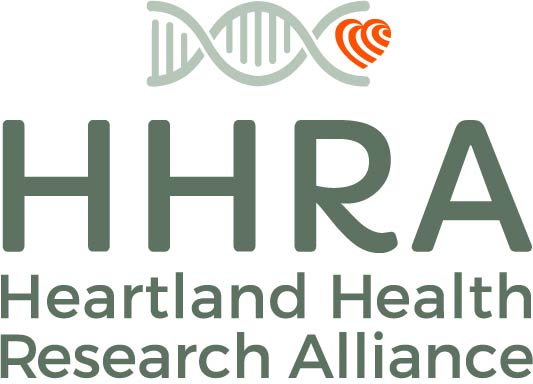Ferguson, K. K., Rosario, Z., McElrath, T. F., Velez Vega, C., Cordero, J. F., Alshawabkeh, A., & Meeker, J. D.; “Demographic risk factors for adverse birth outcomes in Puerto Rico in the PROTECT cohort;” Plos One, 2019, 14(6), e0217770; DOI: 10.1371/journal.pone.0217770.
ABSTRACT:
Preterm birth is a major public health problem, especially in Puerto Rico where the rates are among the highest observed worldwide, reaching 18% in 2011. The Puerto Rico Testsite for Exploring Contamination Threats (PROTECT) study is an ongoing investigation of environmental factors that contribute to this condition. In the present analysis, we sought to examine common risk factors for preterm birth and other adverse birth outcomes which have not been characterized previously in this unique population. Pregnant women from the PROTECT cohort are recruited from the heavily contaminated Northern coast of the island of Puerto Rico and are free of pre-existing conditions like diabetes. We examined associations between basic demographic, behavioral (e.g., tobacco and alcohol use), and pregnancy (e.g., season and year of delivery) characteristics as well as municipality of residence in relation to preterm birth (<37 weeks gestation), postterm birth (>/=41 weeks gestation), and small and large for gestational age in univariate and multivariate logistic regression models. Between 2011 and 2017, 1028 live singleton births were delivered as part of the PROTECT cohort. Of these, 107 (10%) were preterm. Preterm birth rates were higher among women with low socioeconomic status, as indicated by education level and income, and among women with high pre-pregnancy body mass index (BMI). Odds ratios of small for gestational age delivery were higher for women who reported tobacco use in pregnancy and lower for women who delivered in the hurricane and dengue season (July-October). Overall, in pregnant women residing in Puerto Rico, socioeconomic status was associated with preterm birth but few other factors were associated with this or other adverse outcomes of pregnancy. Research to understand environmental factors that could be contributing to the preterm birth epidemic in Puerto Rico is necessary. FULL TEXT
